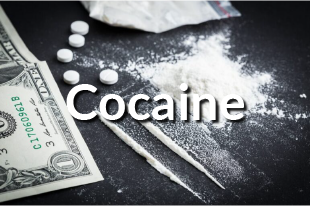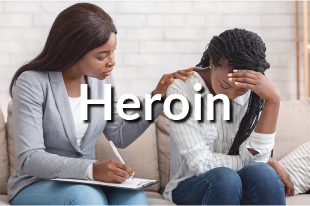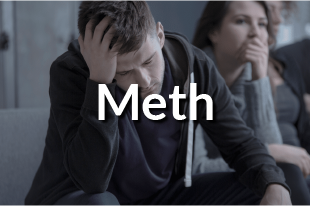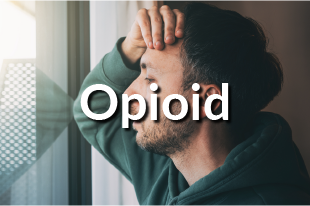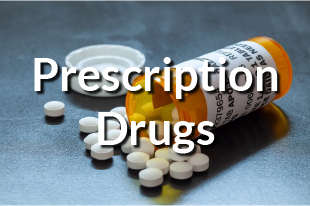Imagine finally breaking free from the chains of addiction and starting a new life. The journey to drug addiction recovery is never an easy one, but it’s worth every step. With the right rehab plan and support, anyone can overcome substance abuse and live a fulfilling life. At our rehab center in Wildwood & Port St. Lucie, Florida, we specialize in giving you the personalized help you need.
Key Takeaways on Rehab Program
- Drug treatment is an essential process to overcome addiction, with two primary forms of treatment available: inpatient and outpatient.
- Medication management and assessment are used to identify substance abuse issues for suitable addiction treatment.
- Relapse prevention and aftercare emphasize the development of healthy coping skills, support networks, and follow-up care for lasting drug recovery.

Understanding Alcohol and Drug Rehab
Drug rehab aims to assist individuals in overcoming their addiction and maintaining sobriety. In order to battle drug addiction successfully, it is crucial to devise a personalized treatment plan tailored to the individual’s specific requirements. With so many treatment programs available for individuals struggling with substance abuse, choosing one can be overwhelming. But fear not, as we will help you find the option that is best for you.
Mental Health and Addiction Diagnosis
A proper diagnosis is essential in ensuring the individual receives the most suitable treatment for their needs. This involves conducting a comprehensive evaluation of a person’s medical and psychological history, family and social history, and drug use history. This process serves to guide care and helps professionals recognize and address potential co-occurring disorders. Our diagnosis process begins with a substance abuse assessment.
Substance Abuse Assessment
The assessment is a comprehensive evaluation of an individual’s consumption of drugs or alcohol to determine if they have substance abuse. This assessment encompasses a medical and psychological history, as well as family, social, sexual, and drug use histories, and a physical examination. We also look for co-occurring disorders, as they can complicate the treatment of substance use disorder and significantly impact the patient’s recovery.
Diagnostic Criteria
The diagnostic criteria are a collection of signs, symptoms, and tests employed to recognize and diagnose a particular medical condition or disorder. Our mental health professionals utilize the DSM-5 criteria to diagnose substance use disorders, which evaluate certain signs and symptoms such as the frequency and intensity of substance use, the presence of withdrawal symptoms, and the presence of cravings.

Therapeutic Approaches
Various therapeutic approaches are utilized in our addiction and mental health center. These include behavioral therapy, family therapy, medication-assisted treatment, and support groups. By exploring different therapeutic approaches, individuals can better understand the available options and, with the help of our medical professionals, choose the most suitable treatment plan for their needs.

Relapse Prevention and Aftercare
Relapse prevention and aftercare are vital components of successful addiction recovery. Developing coping mechanisms and cultivating supportive networks are paramount to averting relapse and ensuring sustained recovery. To this end, we make sure to focus on the development of healthy coping skills, the role of support networks such as self-help groups and sober living communities, and the significance of follow-up care in drug rehab.
Understanding Alcohol and Drug Rehab
Drug rehab aims to assist individuals in overcoming their addiction and maintaining sobriety. In order to battle drug addiction successfully, it is crucial to devise a personalized treatment plan tailored to the individual’s specific requirements. With so many treatment programs available for individuals struggling with substance abuse, choosing one can be overwhelming. But fear not, as we will help you find the option that is best for you.
Relapse Prevention and Aftercare
Relapse prevention and aftercare are vital components of successful addiction recovery. Developing coping mechanisms and cultivating supportive networks are paramount to averting relapse and ensuring sustained recovery. To this end, we make sure to focus on the development of healthy coping skills, the role of support networks such as self-help groups and sober living communities, and the significance of follow-up care in drug rehab.
How Effective Is Drug Rehab?
Determining the effectiveness of drug rehab depends on several factors. One of the common misconceptions about treating addiction through drug rehab is that if you relapse, the treatment isn’t effective. Issues regarding treatment effectiveness are partially rooted in the stigma surrounding drug abuse and the treatment programs that aim to help those dealing with this issue. This stigma attaches a moral barometer to the ability to overcome drug and alcohol addiction. However, it’s more accurate to look at recovery through a longer-term lens with expected setbacks along the way.
Research shows that the longer people remain in drug and alcohol rehab centers to get the help they need, the more they can increase their psychological functioning, repair damaged relationships with loved ones and improve their professional outlook. They can often understand at least the mental health issues that may be driving their drug and alcohol abuse and take steps to treat those issues. Even if they relapse, the ability to make strides in recovery is an important marker for successful addiction treatment.
The efficacy of drug rehab looks at the ability to manage the addiction, not cure it. Drug rehab treatment allows you to receive assistance to disrupt the impacts of a substance on the brain and get back control of your life. However, addiction is a chronic disease, which means relapsing is not only possible but also likely. This doesn’t mean rehab centers offering treatment aren’t effective. Instead, adjustments in approach may be necessary, or alternative therapy may be essential to address some of the shifting nuances of the addiction in question.


